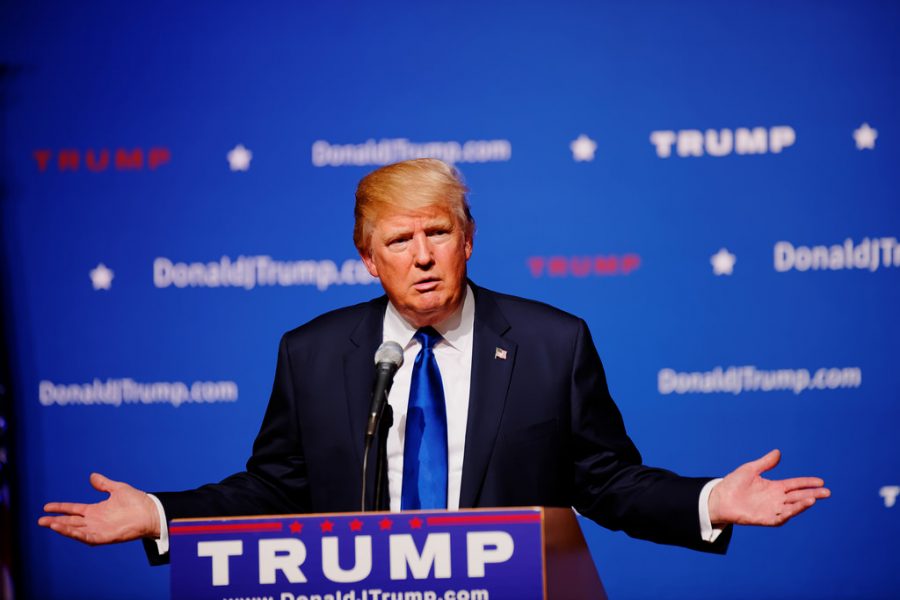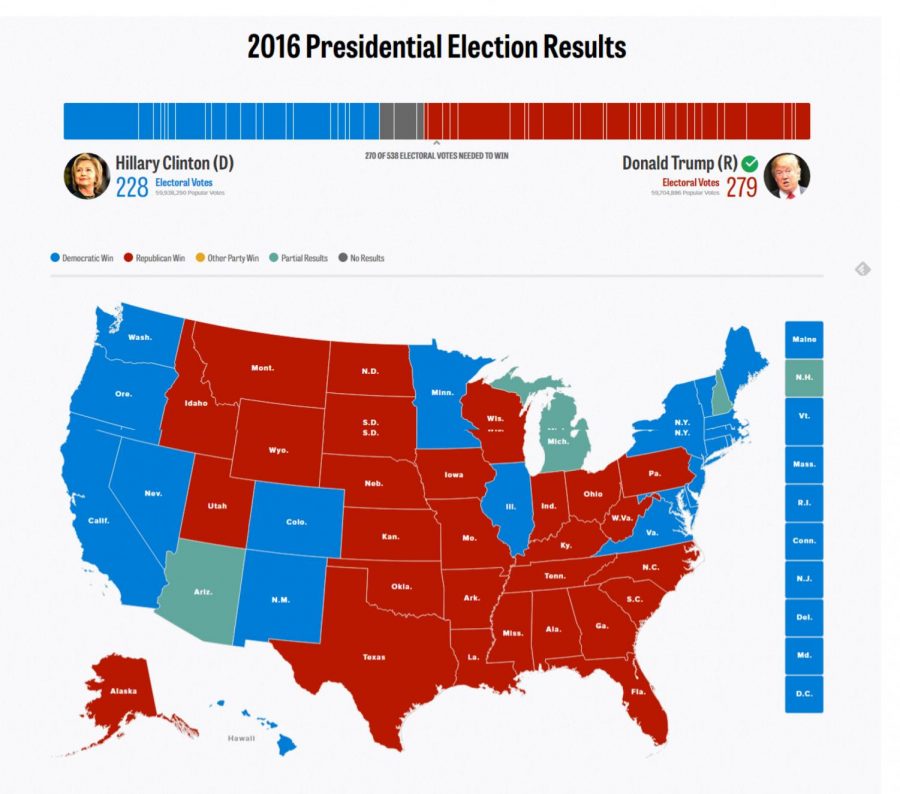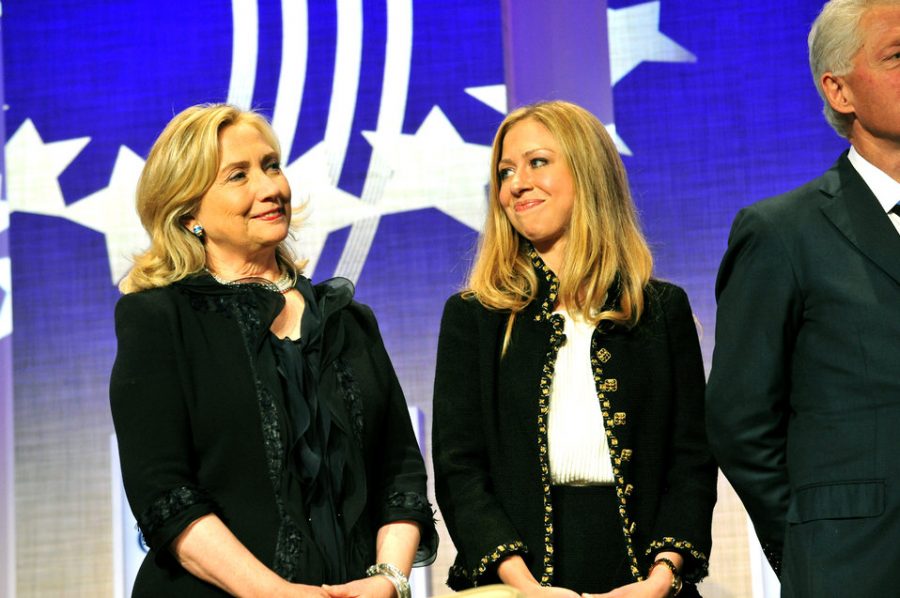No matter which candidate you support in this presidential election, the need for greater transparency from our candidates is evident.
Democratic nominee Hillary Clinton has had her fair share of issues. Clinton failed to address reporters at a news conference for nine months (holding her first conference since December earlier this month) and her private email server has been a topic of debate since March 2015.
Still, Donald Trump’s refusal to disclose his tax returns is far more troubling, setting a dangerous precedent for future candidates, and underscores a major problem with accountability in our nation’s politics.
Since the resignation of Richard Nixon, there has been a push for greater transparency from presidential candidates. In the midst of the Watergate hearings, a federal prosecutor from Baltimore discovered that Vice President Spiro Agnew had failed to pay taxes on bribes he solicited as governor of Maryland. Under pressure, Nixon decided to release more of his tax information. The Washington Post’s investigative team discovered that the president owed almost half a million dollars in back taxes.
When people enter public life, they consent to more scrutiny than they would normally receive. When candidates run for president, they submit themselves to the highest level of scrutiny imaginable.
To date, Trump’s excuse for failing to release his returns is that he is under a “routine audit.” Though earlier this year, the IRS confirmed that it is perfectly legal for citizens to release their information if they are under audit.
Even if being under audit prevented Trump from releasing his returns, he could still release his pre-2009 returns, which have already gone through an audit and are ready for public viewing. A letter from Trump’s attorney stated that they would not be releasing the pre-2009 information either because “they’re all connected.”
Given his comments, it would appear that Trump believes people simply don’t care about his taxes. However, in 2012 he advised then-presidential candidate Mitt Romney differently — that he must release his taxes in order to dispel any rumors of what they might contain. Now Romney is returning the favor, writing in a Facebook post, “It is disqualifying for a modern-day presidential nominee to refuse to release tax returns to the voters, especially one who has not been subject to public scrutiny in either military or public service.”
The only conceivable reason for Trump not to release his returns is if he has something to hide, which should be seriously troubling to all of us. It could be something as minor as he is not worth what he says he is or something as major as he pays almost nothing in taxes. I’m sure for some voters, the fact that he likely pays very little tax might be a sign of his ingenuity and business savvy. Hopefully, the majority see this as disqualifying.
Although Hillary Clinton has seen valid criticism over the lack of transparency of her private server, unlike Trump, she has faced actual consequences including congressional hearings and an FBI investigation. Also unlike Trump, she has released her tax returns for the past 16 years. Her vice presidential pick Tim Kaine has released nine years. Trump’s own VP pick Mike Pence released the last 10 years of his tax returns, proving someone in the Republican campaign sees the importance of financial disclosure.
Tax returns can reveal a lot about a person’s true character, and it would appear that Trump would like to keep that hidden from voters. If anything, this election has proven again and again that voters place little value on honesty and truth. The electorate’s failure to punish Trump over a historic lack of transparency is even more disheartening. We can point fingers all we want, but the reality of the situation is that it is our responsibility to hold candidates accountable. Trump’s refusal to be transparent is un-presidential, and it is on us to label it as such.










